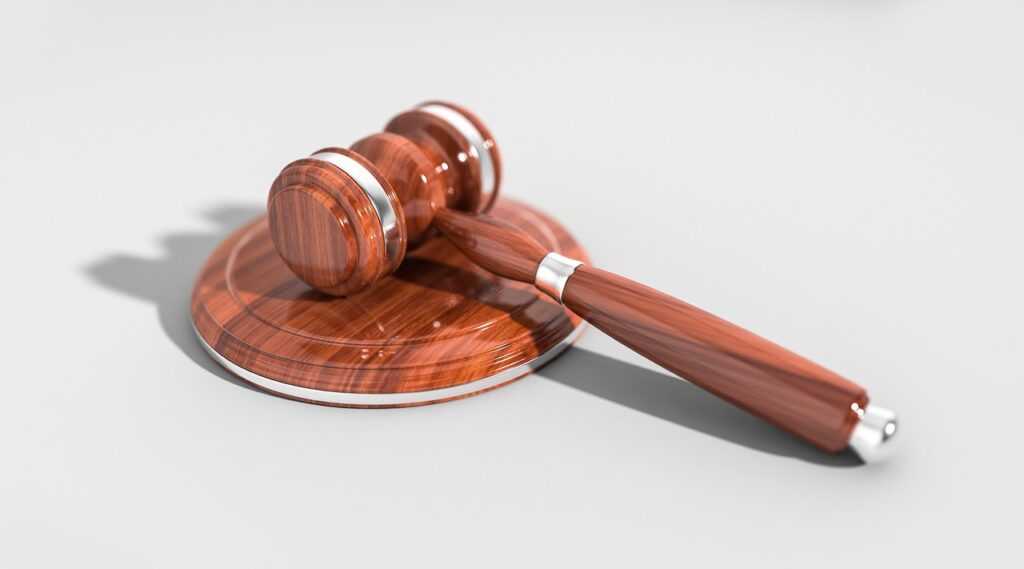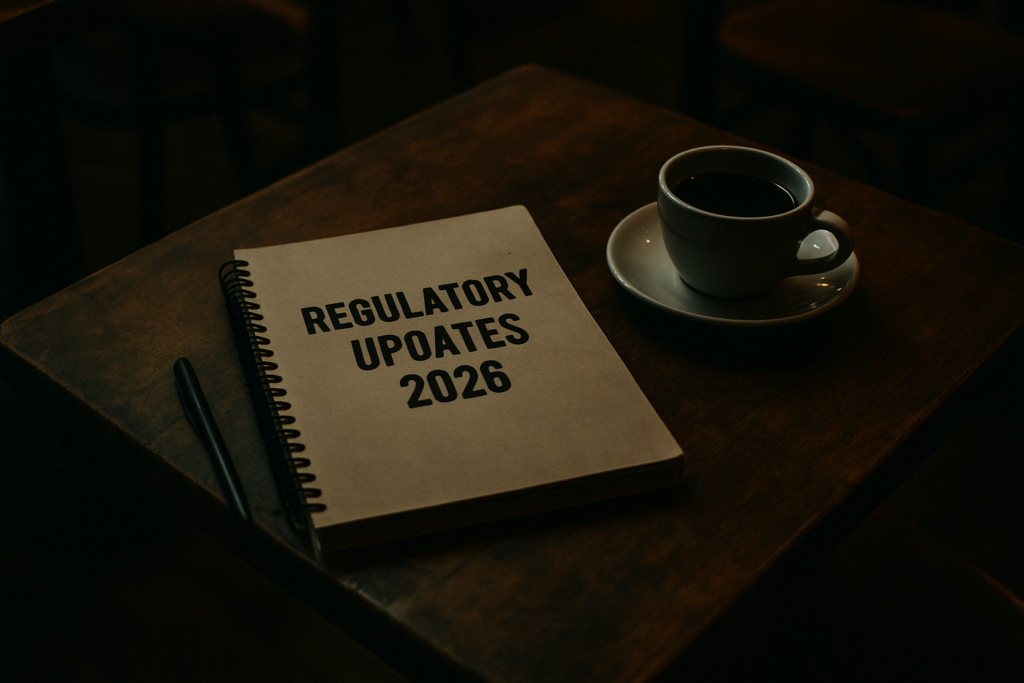Dealing with the probate process after losing a loved one can feel overwhelming. In Wilmington, understanding each step helps ease this burden. The probate process ensures that a deceased person’s assets are distributed according to their wishes or state law. Knowing what to expect allows you to manage this legal journey with confidence. You will likely encounter terms like executor, estate, and beneficiary. These are just names for roles and tasks that can be managed effectively with guidance. You might wonder if you need a probate litigation lawyer. This guide will clarify when legal assistance is necessary, simplifying decisions during difficult times. We will take you through each stage of the Wilmington probate process. Learn how to handle asset distribution, settling debts, and filing necessary paperwork. Our straightforward approach aims to provide clarity, ensuring you feel supported through this challenging time.
Understanding Probate
Probate is the legal process of settling the estate of someone who has passed away. It involves validating a will, if there is one, and distributing assets according to that will or state laws. The process protects the rights of heirs and creditors. In Wilmington, you can expect the process to take some time, typically several months to a year.
Steps in the Probate Process
The probate process involves several key steps. Each step requires careful attention to detail:
- Filing the Will: The executor files the will in the appropriate court. If there’s no will, the court appoints an administrator.
- Notifying Heirs and Creditors: Inform all heirs and creditors about the probate proceedings. This often includes publishing a notice in a local newspaper.
- Inventory of Assets: Compile a list of the deceased’s assets. This includes property, bank accounts, and personal belongings.
- Paying Debts and Taxes: Settle any remaining debts and pay necessary taxes from the estate’s funds.
- Distributing the Estate: Once all debts and taxes are paid, distribute the remaining assets to the beneficiaries as outlined in the will or by state law.
When to Seek Legal Help
You might wonder if you need a lawyer. While it’s possible to handle probate alone, you may find legal guidance helpful, especially in complicated situations. Consider hiring a lawyer if:
- The estate includes complex assets like businesses or international property.
- There are disputes among heirs or potential for litigation.
- You feel uncertain about legal documents or tax issues.
Common Probate Terms
Understanding the terms used in probate can help you feel more comfortable. Here are a few key terms explained:
| Term | Definition
|
|---|---|
| Executor | The person named in the will to manage the estate. |
| Administrator | The person appointed by the court to manage the estate if there’s no will. |
| Beneficiary | Someone who receives a portion of the estate. |
| Estate | All assets and debts left by the deceased. |
Potential Challenges
Probate can present challenges that need careful handling. Common issues include:
- Disagreements among beneficiaries about asset distribution.
- Complex assets that require valuation or special handling.
- Difficulty locating all heirs or creditors.
Final Thoughts
Managing a loved one’s estate can be emotionally taxing. However, by understanding each step and knowing when to seek help, you can navigate the process more smoothly. Remember, resources are available to guide you. The United States Government provides helpful information on dealing with probate. By staying informed, you can ensure the estate is settled respectfully and correctly. Feel supported, knowing you are taking the right steps for your family and loved ones.



